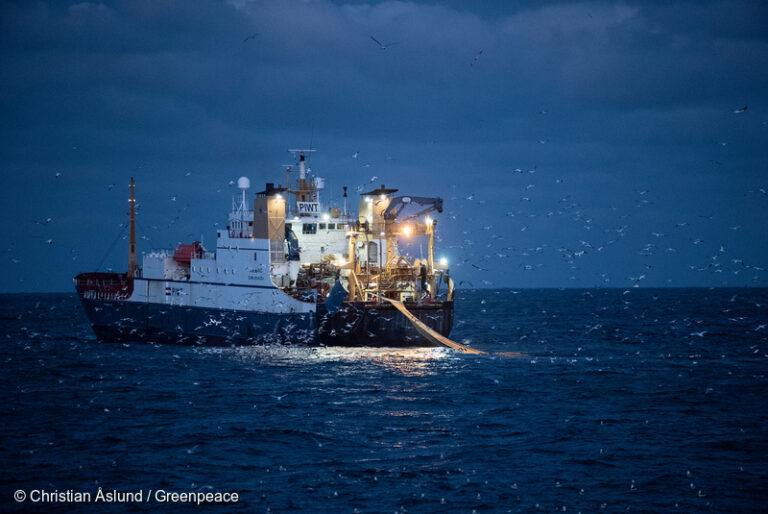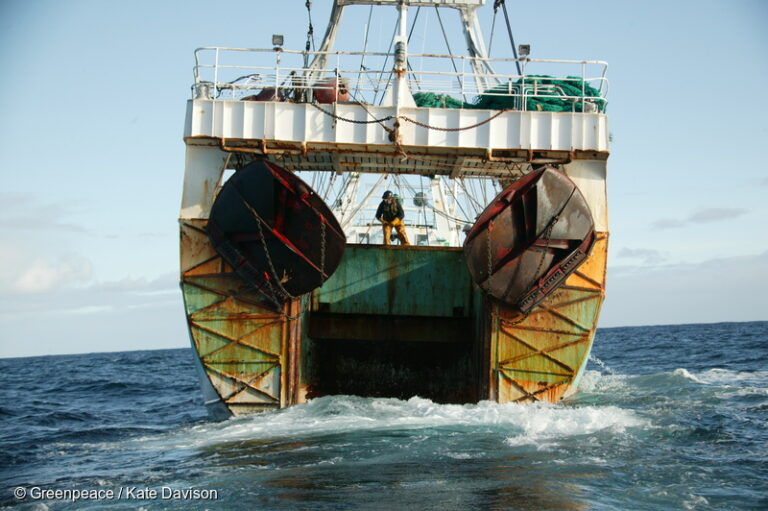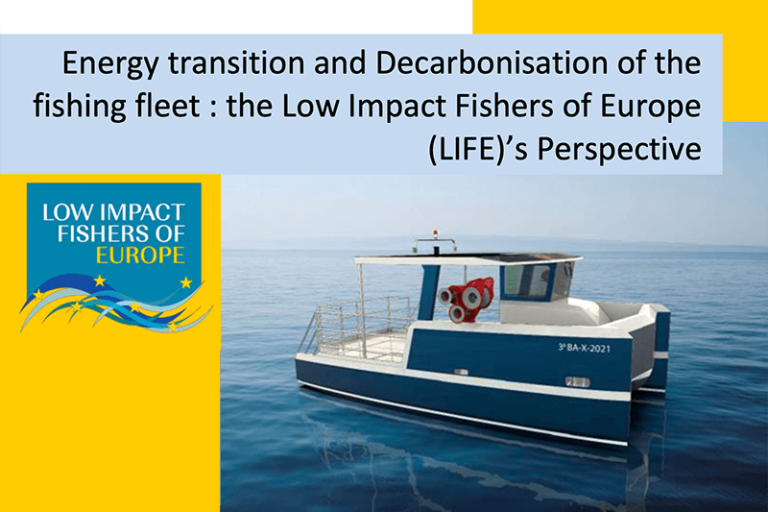Recordings
What: 60 minute briefing ahead of EU Energy Transition in Fisheries workshop
Who: ClientEarth, Oceana and the Low Impact Fishers of Europe (LIFE)
When: 1200 CEST, April 16th, 2024
Languages: EN/FR/ES – interpretation provided
This briefing took place ahead of the upcoming EU Energy Transition in Fisheries (April 19th). The briefing will explore challenges and opportunities that decarbonisation presents to the EU fishing sector, the process of stakeholder consultation in the framework of the energy transition and provide an overview of the diverse types of fisheries and their social, economic, environmental impacts, along with insights from the fishing sector itself on the skills needed to face decarbonisation.
Speakers:
- Flaminia Tacconi, Senior Lawyer, ClientEarth
- Salva Manera, artisanal fisher from Cap de Creus, environmental educator and scientific communicator member of Low Impact Fishers of Europe (LIFE), from Catalonia, Spain);
- Didier Gascuel, Professor of Marine Ecology at Agrocampus Ouest (France) – Impacts of fisheries
- Charles Braine, President of Pleine Mer and small-scale fisher (Brest, France)
Contact: [email protected]





